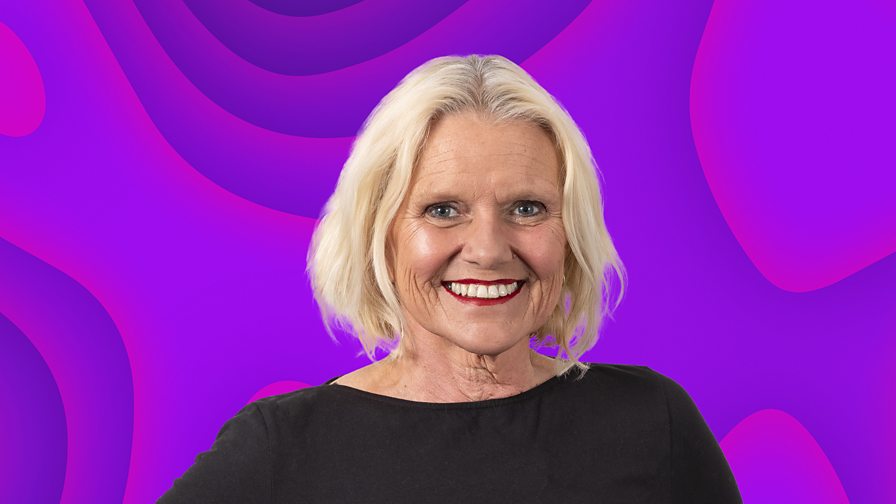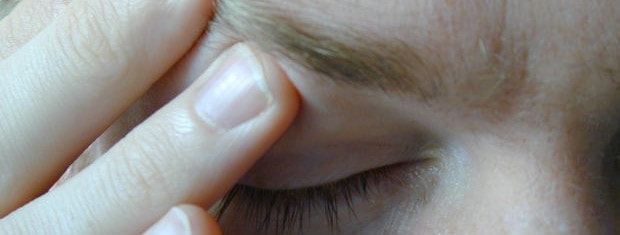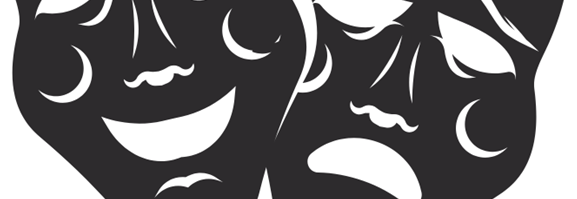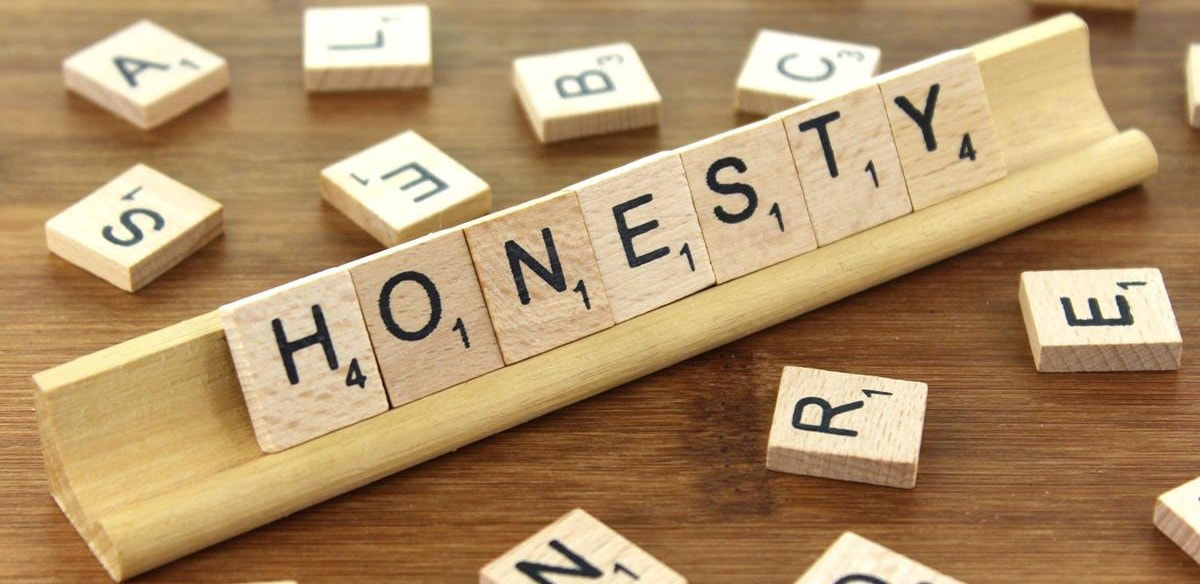|
A few weeks before Tim died, we were on the way back from a funeral of a friend who died suddenly and unexpectedly in her sleep. She was only a few years older than us. Ironically, we had a 'who would go first' conversation. Tim said that he was worried about me coping if he went first, as my mental health wasn't that good at the time. I often wonder how he would have coped alone.
0 Comments
Survivor guilt is the guilt that people feel when they are the one left behind after a death. It could be for surviving the accident that killed them. It could be what you felt you should or shouldn't have done before their death. Or it could simply be that they were ill and you were not. Around 90% of people who survive a traumatic event experience survivor guilt.
The kinds of symptoms of survivor guilt overlap with those seen with post-traumatic stress disorder (PTSD), and survivor's guilt has been defined as a symptom of PTSD.
People who have been through trauma before, who live with mental health, addiction or psychiatric issues, or who lack self-esteem, are introverted or are submissive by nature may be more likely to experience survivor guilt. Survivor guilt generally starts to fade over time. There are a few hints and tips that might help you cope with the feelings:
If your survivor guilt symptoms become overwhelming and mean that you can't function properly, consider talking to a psychotherapist or counsellor. Tim died suddenly. We'd been out the night before and there were no signs of anything wrong. And then in the early hours of the next morning, his world and my world stopped in a breath, a heartbeat.
That day The day is a blur. A 999 call, paramedics. Friends coming over to be with me. Calling Tim's parents – the hardest thing I have ever had to do in my life. Calling my family, our friends. Breaking the news over and over again. It never sounding real, no matter how many times I said it. Tea. So much tea. My brain in a fog. Wandering around the village in a daze. Wonderful friends wrapping me around with love. I was in shock. Crawling into bed alone, the bed remade with fresh sheets by a friend. Needing to sleep there even though I didn't think I would sleep, because I knew that if I didn't spend the night there I might never sleep in our room, our bed, again. Messaging friends during the night just to know that someone was there. The next few days The beginning of the sadmin. Talking to the hospital to get the results of the post-mortem (heart failure as a result of type 2 diabetes). Things being delayed because of the Beast from the East. Talking to the funeral director, the registrar, the vicar to arrange the funeral. Not having much of an idea of what he wanted in way of a funeral because it had been so sudden. And the days after Struggling with all the sadmin because we had no plans, no lists. He was only 50. We thought we had time. The shock and the numbness wearing off and it becoming all so very real. Living after a sudden death The suddenness and trauma of Tim's death, and having to do CPR, left me with dissociation, flashbacks, intrusive memories and nightmares, all symptoms of post-traumatic stress disorder (PTSD). I spent time with an amazing integrative psychotherapist who helped me to move forward from these. One of the hardest things with a sudden death is not being able to say goodbye. That haunted me for a long time. I had a session with my psychotherapist who was able to talk me through it. I now have a 'memory' of hugging him goodbye and him walking down the hall to the front door, jingling his keys in his pocket.
Today I had the great honour to be on Julie Skentelbery's radio show on BBC Radio Cornwall, talking about my experience of grief and about The Widow's Handbook. Julie was widowed in September 2022 when her husband, recently diagnosed with cancer, died from sepsis. It's an honest conversation with tears and laughter on both sides
Listen on BBC Sounds When Tim died it hurt. And I don't just mean that my heart broke. I mean that I hurt physically. I felt so tired that my bones ached. My stomach hurt. I felt sick. My head ached. I didn't experience this, but I know that other widows had chest pains so bad they ended up in A&E. And there's widow brain too. It's all completely normal with the shock and sadness that comes along with bereavement.
Please remember, though – if any of these symptoms become distressing, last a long time or get worse, please talk to your doctor, call 111, or in an emergency, call 999. Being exhausted Grief messes with our sleep, gives our brains a lot to do, stops us eating properly – it's hardly surprising it leaves us exhausted. Try to eat as well as you can, sleep when you can and manage your energy. Feeling pain in muscles and joints The tension of grief can leave us with aches and pains, and grief can actually make pain worse. Try to exercise if you can – even just a walk round the block – as exercise can improve mood. Try having a massage, which can also help skin hunger. Colleges that run health and beauty courses often have low-cost massages to provide experience for students. Chest pain and shortness of breath Chest pain and shortness of breath are associated with anxiety. However, if these come on suddenly or are painful, talk to your doctor of call 999 – paramedics and doctors would rather be called in for something that isn't serious that miss something that really is. Headaches Headaches often accompany anxiety and stress. Trying to relax can help, but it's easier said that done. Warm baths and music helped me. Widow brain The confusion, forgetfulness and lack of concentration that comes alongside bereavement is often known as widow brain. Stomach upsets and appetite changes Grief can make us eat more, eat less, eat junk food, comfort eat feel sick, feel hungry, think we are never going to feel hungry again. This is all normal and will settle. Try and eat some fruit and veg, but eat what makes you feel comforted. Picking up bugs Grief can affect our immune systems, leaving us more vulnerable to infection. Wash your hands regularly, make sure kitchen surfaces are clean, cook food thoroughly, get the vaccines you are offered, and wear a mask in crowded palaces during cold and flu season can help to keep infection levels down. Health anxiety One of the issues with the physical symptoms around grief is that they can become part of health anxiety, where we become convinced that every symptom, from a headache to a painful toe, is something life-changing. I have gastritis, and sometimes when its bad I vomit. I threw up blood one day. My wonderful GP, who was an incredible support to me after Tim died, fast-tracked me for an endoscopy while reassuring me that she was sure everything was okay, and fortunately she was right. On the flip side, bereavement can also leave us caring less about our health and ignoring symptoms. If you are on regular medications, keep taking them (pill boxes and reminders on phones are really helpful) and build in a bit of self care. First published on The House of Correction blog in November 2018
I've just bought a new shredder, and now my office carpet looks like it's been hit by a cellulose snowstorm. I'm going through a huge box of papers and getting rid of anything older than five years. There's a satisfaction of pushing sheets of paper into its tooth-lined maw, and filling paper sacks with shreddings for recycling. It is making me think of things that are no more. Cars, houses, cats, jobs. And marriages. There's a lot of Tim's paperwork in here. Payslips, bank statements, bills, receipts, car documentation. And always the challenge of seeing his writing. I can't keep it all but there is part of me that feels guilty getting rid of it, as if I am erasing him. There are some things I'm keeping, though. An old driving license. His invitation to his cousin's 21st birthday party. The receipt from a wonderful; holiday in the Loire Valley. Notes that he left on my desk. It's a balance between preservation and decluttering, and the most valuable things there are I still have. My memories of him. I've always had a bit of a wry sense of humour, and a somewhat cynical view of the world. I was worried that I had lost my sense of humour, along with my rather dirty laugh, after Tim died. They both did come back, but my sense of humour is now somewhat darker.
Dark humour is a coping mechanism. It's a distraction and a way of accepting the situation. It can also be used to bring people in the same situation together – I've seen it in doctors, nurses, ambulance crew and police. I have used dark humour about my sexuality when telling other queer people and allies about experiences of biphobia. An incident in a local pub: "You are marrying a woman? But you used to be married to a man, and he's dead? Your husband knew you liked women? Did you sleep with women while you were married to your husband?" I have also used dark humour to tell other widows about dealing with muggles (people who haven't been bereaved). A woman rang up, wanting to talk to Tim, who used to be a bookseller. She launched into a stream of explanation about books she wanted to sell. I finally managed to break in to explain that he had died. She paused imperceptibly and then asked me if I still wanted to buy the books. I said that I wasn't involved in the shop and she rang off. About five minutes later, the same woman, the same explanation. I broke in, this time to say, "You've already spoken to me and he's still dead." She responded to say, "I didn't – I dialled another number…" and I put the phone down. Comedians and writers who have used humour to handle widowhood include Kat Lister, Tawny Platis (founder of Death is Hilarious) and Sandra E Manning. It's important to remember that dark humour can be disconcerting for people outside of the community that you are in. I made a dark widow humour comment on a Zoom writing workshop about one bonus of his death being that I could finally get rid of his grandmother's coffee tables, and there was a moment of dead air followed by some nervous laughter. Losing your partner is hard and horrible, whether it's sudden or you’ve been living with anticipatory grief for days, months or even years. At a time when you are finding it hardest to function, and your widow brain is leaving you in a fog, you have to deal with all the admin that comes with a death.
Sadmin is exhausting and heart-breaking, especially as it's something we never dreamed of having to do. I had the support of my amazing mother-in-law who was grieving Tim's loss too, but in the end, much of it was something I had to do alone. It's also horribly overwhelming. I set myself the target to do at least one thing every day. Sometimes it was only one. Tim's heart stopped unexpectedly but paramedics were in attendance, so I didn't have to arrange a medical certificate or contact a coroner – this was done for me. If the death is unexpected, call 111 for advice. If someone dies in hospital, the hospital will issue the medical certificate. If they die abroad, you will need to register the death in that country. The local British embassy, high commission, or consulate will help. Where to start In a daze I started by searching the web – it's what I always do when I'm stuck. I found the incredibly useful What to do when someone dies: step by step government website. In the four and a half years since I needed to use it, it's been expanded. There are other government resources on death and bereavement. Registering his death was painful, as it made it finally so real, but the registrar was kind. She advised me to get multiple copies of the death certificate, which was very useful. She also told me about the Tell Us Once service that passes the information on to all government departments. My mother in law, who had also been searching, told me about the bereavement support payment, which helped while I wasn't up to working full time. Banks and building societies need to be informed, as do pension companies and life insurance companies. These should have bereavement helplines designed to make things easier, but some are better than others. The Death Notification Service covers a number of banks and building societies all at once, but doesn't cover all of them. Settld covers financial services, online and social media, household services and utilities, and Life Ledger covers a range of companies, from banks, insurers and pension providers to gas, water, telecoms and social media. Another set of links I found useful were the organisations that notify advertising phone and mail lists, which cut down on a lot of junk mail with his name on it. I do still get the occasional call – when they ask to speak to Tim Dudley I say, "that would be hard as he's been dead since 2018". Sometimes widow humour is the only way to survive.
Tim died intestate, and I handed this over to a lawyer. I could have done it myself, but at the time I just couldn't deal with it, along with everything else, and the money seemed a worthwhile thing to pay. For people who have died with a will, the government website has information on applying for probate. Other things that come up under sadmin:
Sadmin is made easier with plans in place – however, Tim died suddenly and unexpectedly, so I didn't have any passwords or lists of accounts, and couldn't access his email. The two sides of sadmin Writer and activist George Monbiot wrote about sadmin in the Guardian, after trying to cancel his late mother's Vodafone mobile phone contract. He got passed around the system, experienced hostility and rudeness, and faced demands from people to speak to his frail and confused father, despite Monbiot having power of attorney. Finally, after three months, Monbiot's sister cancelled the direct debit and wrote to HQ. Monbiot's father then faced a barrage of calls from a debt collection agency (thankfully fielded by his carer). Monbiot tweeted about this, starting a thread of hundreds of posts from people facing similar awfulness. One was still paying for her late daughter's mobile a year after her murder. People I know have had call handlers ask to talk to the account holder, and have brought urns to the phone, or suggested conversations through mediums. Another example of widow humour. I generally had fairly good experiences. There was the threat to take Tim to court for not paying a bill that had gone to his email, and they backed off immediately when I explained. There was one that was tough but that turned out well. Tim had a bank account, a loan, and a business account. Closing the bank accounts wasn't too hard, and I was told verbally that the loan was to be written off, as Tim had no liquid assets. However, the letters continued to arrive. I went round and round, until I finally got to someone who said that it wasn't his department, but that he would put me on hold and do the 'going around' for me. Every now and then he'd pop back on the line to make sure that I was okay. He finally got to the woman in the bereavement department who I'd spoken to before. She confirmed that the loan was written off, that she would make sure that the letters stopped (the letters that helpfully said, 'contact us below' and there was nothing below), and if any more letters arrived I should tear them up or send them to her. I cried with relief, and told her to make sure that her manager and the manager of the man who put me onto her knew about what had happened, and how great they had been. Tim's death was so sudden, I found it hard to accept. It didn't feel real. Every time I heard the door from his shop to our flat click, it was him coming upstairs to show me something, rant about a customer, or pass on a bit of news. When I saw his car outside, for just a split second I'd think he was home. Gradually, it became real as the rawness of the shock wore off, and I became very low. I was accepting it.
I didn't want to adjust. I didn't want to change anything or move anything. I lived within a very small space, moving between my office and my chair. My chair became a nest, with books and crafts around it all within arm's length. Friends helped, but I just needed to be inside my grief. Slowly, I started to sort things out. I started to get rid of things – some of his things, some of my things – and to tidy, clean and decorate the house. Creating a home for me. I started to adjust. In the early days of grief, achieving just meant getting out of bed. Cleaning my teeth. Showering. Eating a piece of fruit. Grief is a rollercoaster, and sometimes in the later days of grief, these were achievements too. When things got very dark, simply being alive was an achievement. As I moved forward through grief, I was able to work, go out, go to the theatre alone, eat better. Write. Go back to university and study. I was achieving. This is my story. It's important to remember that everyone's grief journey is different. Accepting, adjusting and achieving will have unique meanings for each and every widow. As widows, we spend a lot of time saying, 'I'm okay'. 'I'm coping.' 'I'll be fine.' 'No, it's okay, I can manage.'
Sometimes we are putting on a brave face for work, protecting our family because we don't want them to worry, fretting that we are boring our friends with our grief, or avoiding the subject because we just don't want to talk about it. I believe that we need to think about being honest with people about what we are going through. I don't mean tell everyone that you meet on the bus that you are a grieving widow (though you can if you want), instead being open to those people who care. After all, we can't expect them to be honest with us if we're not honest with them. Sometimes, we are pretending to ourselves. Pretending to be okay is allowed to give us a break from all that… stuff. Our brains actually can shuttle between okay and not okay to protect us, in what's known as the dual process model. Pretending long term isn't so good. It can be emotionally and physically exhausting. Being honest to ourselves about our grief, accepting that it's how we feel, and sitting with it, can help us to process our feelings. It's important to remember that it’s OK not to be OK. |
AuthorI was widowed at 50 when Tim, who I expected would be my happy-ever-after following a marriage break-up, died suddenly from heart failure linked to his type 2 diabetes. Though we'd known each other since our early 20s, we'd been married less than ten years. Archives
July 2024
Categories
All
|











 RSS Feed
RSS Feed